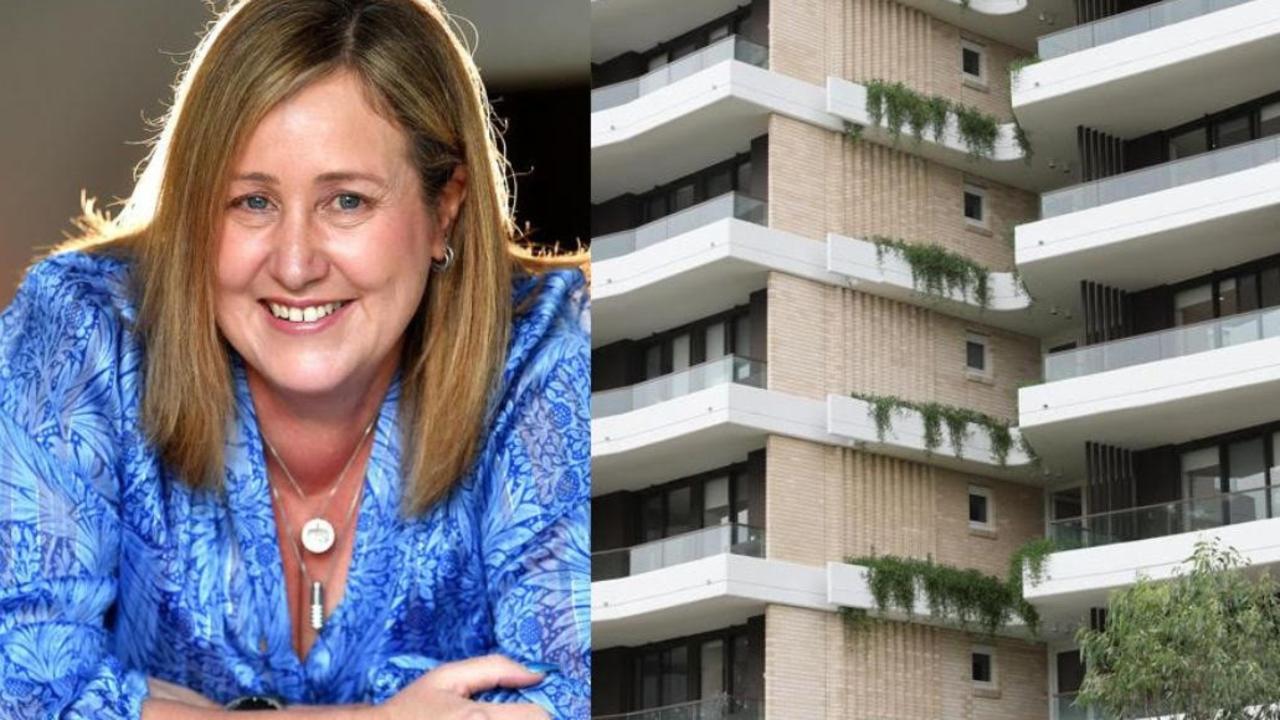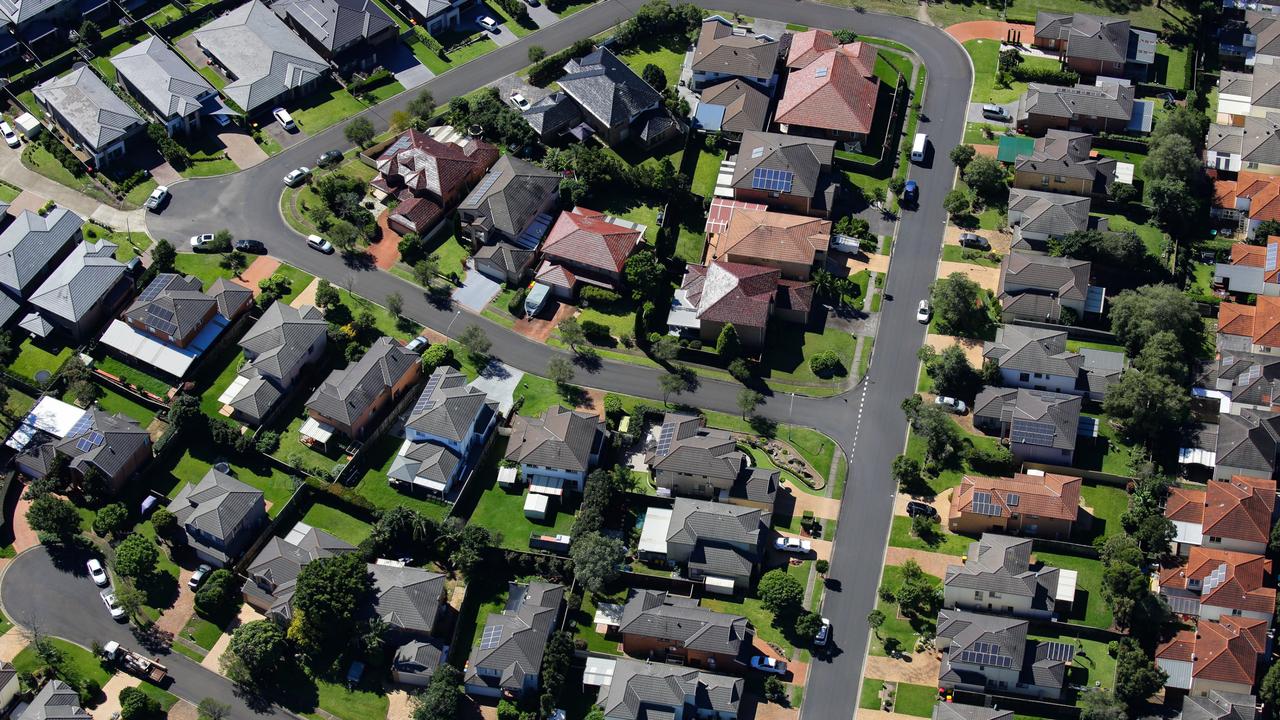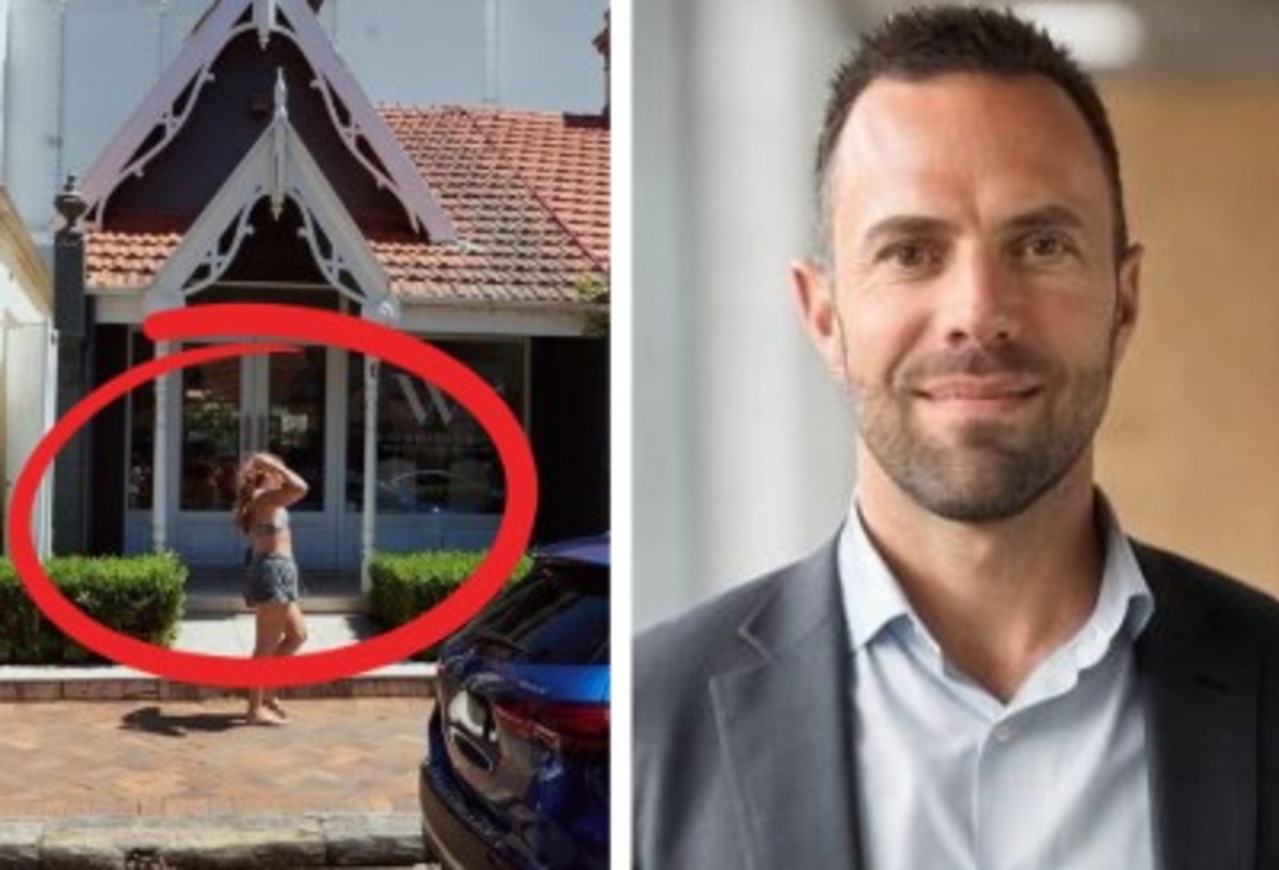Banks go to war over Aussie homeowners
It’s official – a home loan war has broken out among Australia’s banks after the RBA’s latest interest rate cuts.
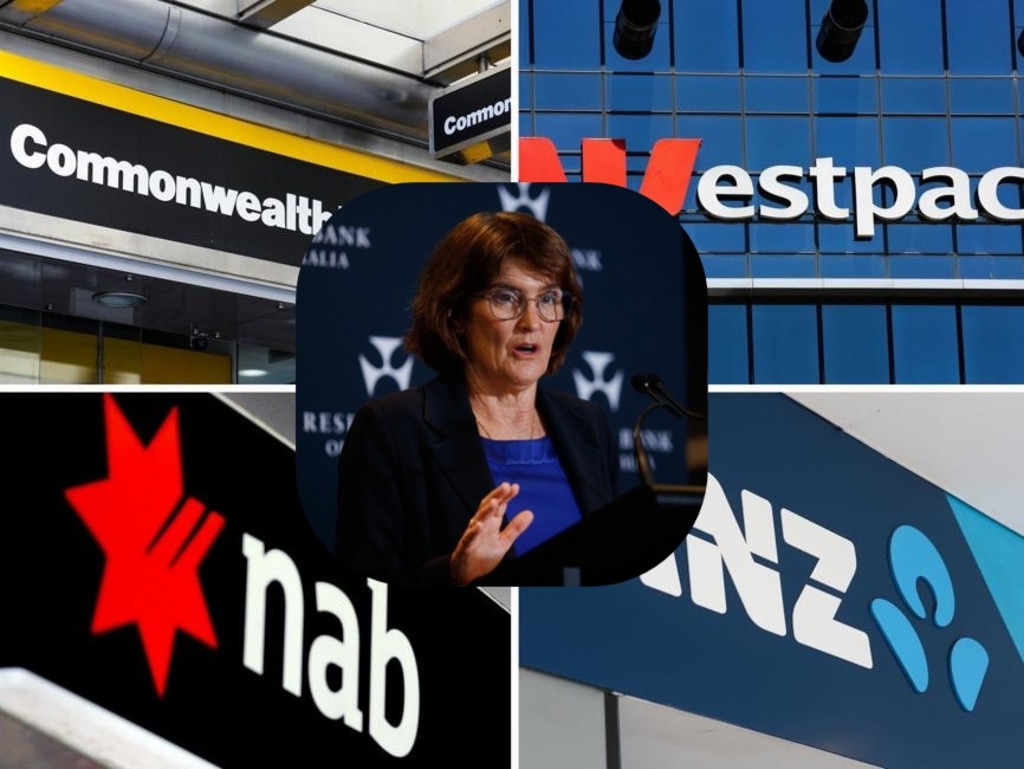
Australia’s biggest lender Commonwealth Bank has committed to slashing its fixed rates, alongside its variable interest rate offerings in another big boost to homeowners.
On the back of successive RBA rate cuts, the Commonwealth Bank has announced it will cut its fixed interest rate home loans on Friday by up to 0.40 percentage points across all fixed terms.
That move comes at the same time CBA is trimming its variable mortgages by 0.25 percentage points following the Reserve Bank of Australia’s decision to drop the cash rate by 25 basis points to 3.85 per cent on May 20.
RELATED: Named – 19 Aussie banks refuse RBA rate cut
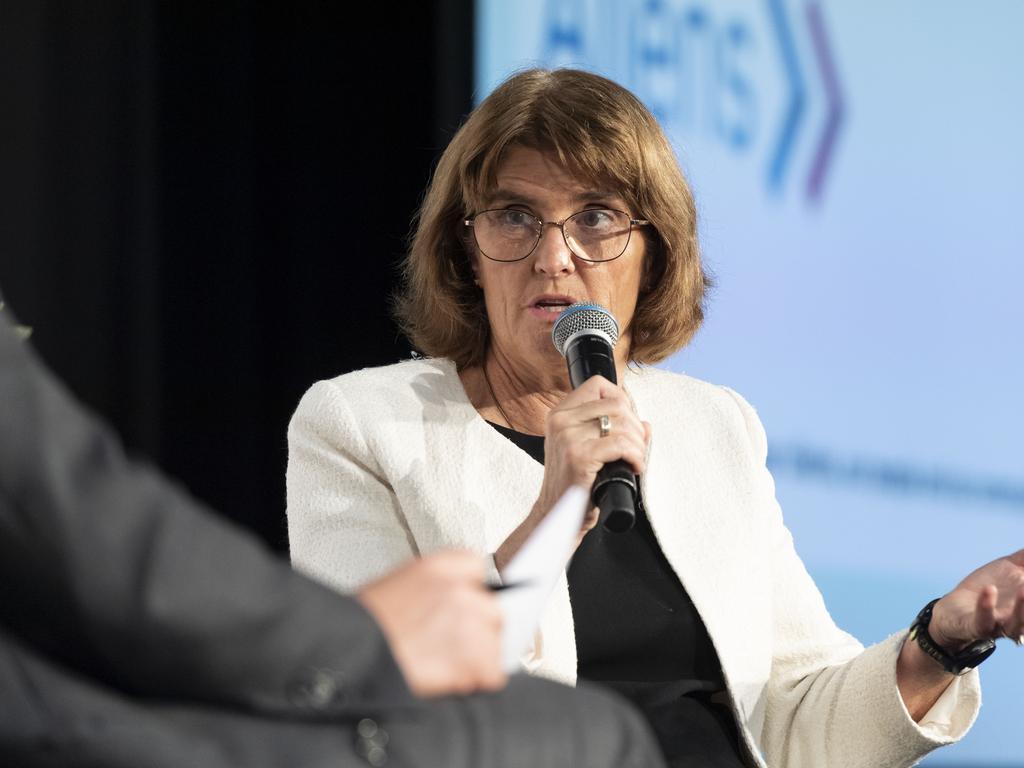
The CBA move mirrors that of its big four counterparts in Westpac, NAB and ANZ in offering cut price rates to customers and prospective clients.
ANZ currently has the lowest one and two year fixed rates among the big four, according to Canstar.
While NAB has the lowest three, four and five year fixed rates.
The latest moves could give rise to an interest rate war between Australia’s biggest lenders as they amp up competition for market share amid shifting mortgage conditions,
These are fixed rates for owner-occupiers who are paying off principal and interest.
According to Canstar.com.au tracking, four lenders – BOQ, Community First Bank, Police Bank and Queensland Country Bank – are now offering at least one rate under 5 per cent at 4.99 per cent. Bank Australia also has a green home loan at 4.94 per cent.
Canstar.com.au data insights director, Sally Tindall said she expects mortgage rates will continue to fall, a huge boon to homeowners enduring the cost of living crisis.
MORE: Wild reason Aussie has 300 homes
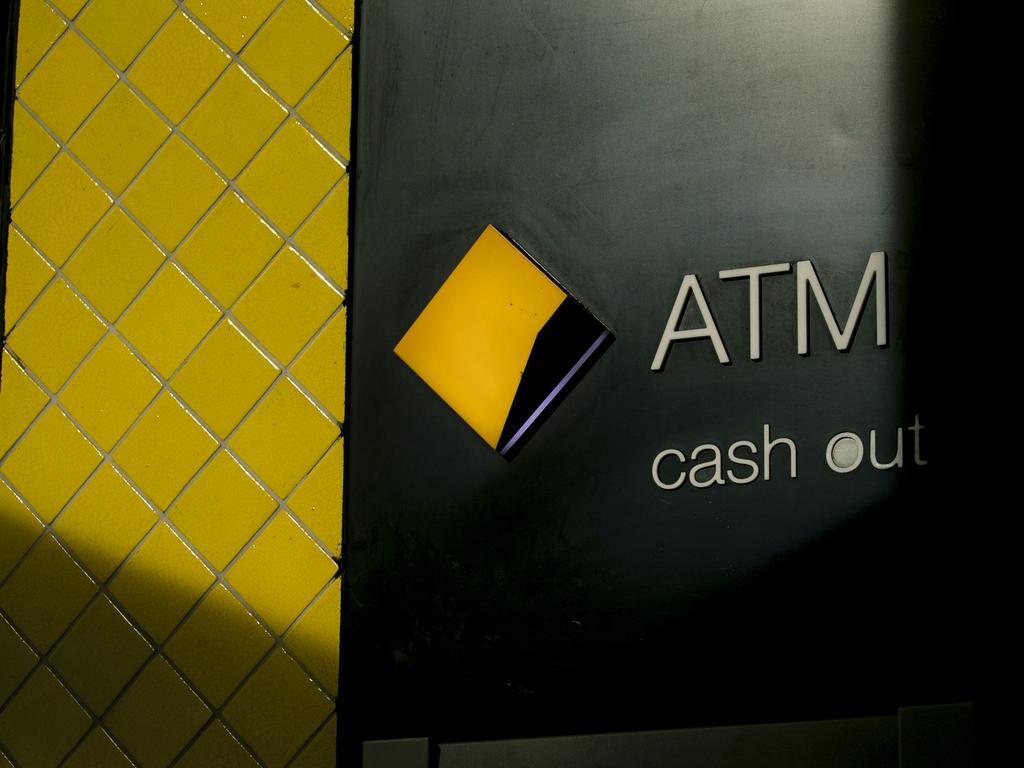
“Fixed rates have been falling fairly consistently this year and we expect this activity will continue as banks price in the increasing likelihood of further cash rate cuts,” she said.
“CBA’s fixed rate cuts aren’t groundbreaking, but rather a bid to inch closer to its key competitors.
“From tomorrow, the bank’s lowest variable rate will be sitting at 5.59 per cent, while its lowest fixed rate will be 5.49 per cent. With just a 0.10 percentage point difference, and the possibility of further RBA cuts ramping up, it’s hard to see many people jumping at the chance to lock up their mortgage for the next three years.
“We expect banks big and small will continue cutting fixed rates over the next few months.
“We’ve already got four lenders with at least one fixed rate under 5 per cent, however, this could well become the norm for banks by the end of the year.
MORE: Neighbours become $200m richer overnight
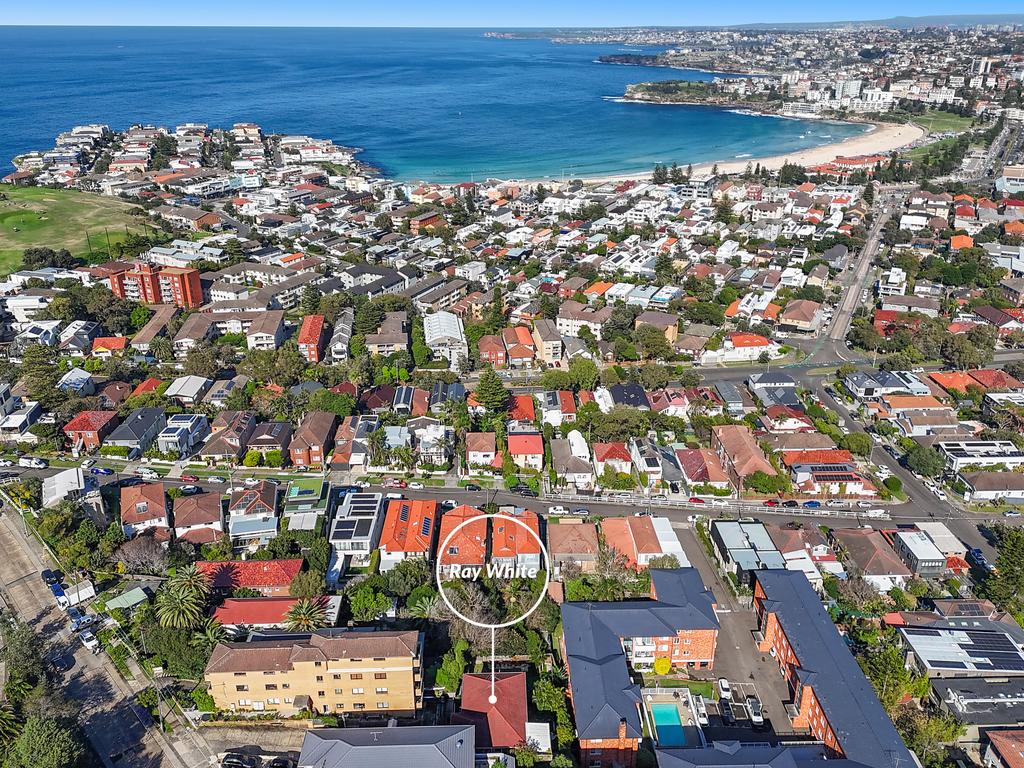
“The majors might have to offer a fixed rate in the ‘4’s’ if they’re serious about getting people to lock in their rate.”
However the current situation might not be enough for homeowners to start feeling some relief with Stephen Koukoulas – regarded by The Australian Financial Review – as one of Australia’s most influential economists – saying struggling Aussies need more.
“People are still not changing the way they spend,” Koukoulas, who is a former senior economic adviser to the Prime Minister’s Office, told Mark Bouris’ Yellow Brick Road podcast.
“We need to see three or four rate changes before we see a real change from interest rate relief.”
Koukoulas said the vast majority of Aussies are still battling with financial concerns despite overall improvements in the economy, including a reduction in inflation.
MORE: Kmart set to change everything in Temu war

“Interest rates are still very restrictive on the economy,” he said.
“They are still causing financial stress through the cost of living issue. Inflation has fallen but cost of living is still very much about mortgage serviceability.
“[Worries about] cost of living are not gone, it is still bad.”
Despite the big banks’s move to pass rate cuts onto their customers, 19 banks have failed to pass on the RBA’s most recent cut.
MORE: Price of car spot proves Australia has lost it
Originally published as Banks go to war over Aussie homeowners


